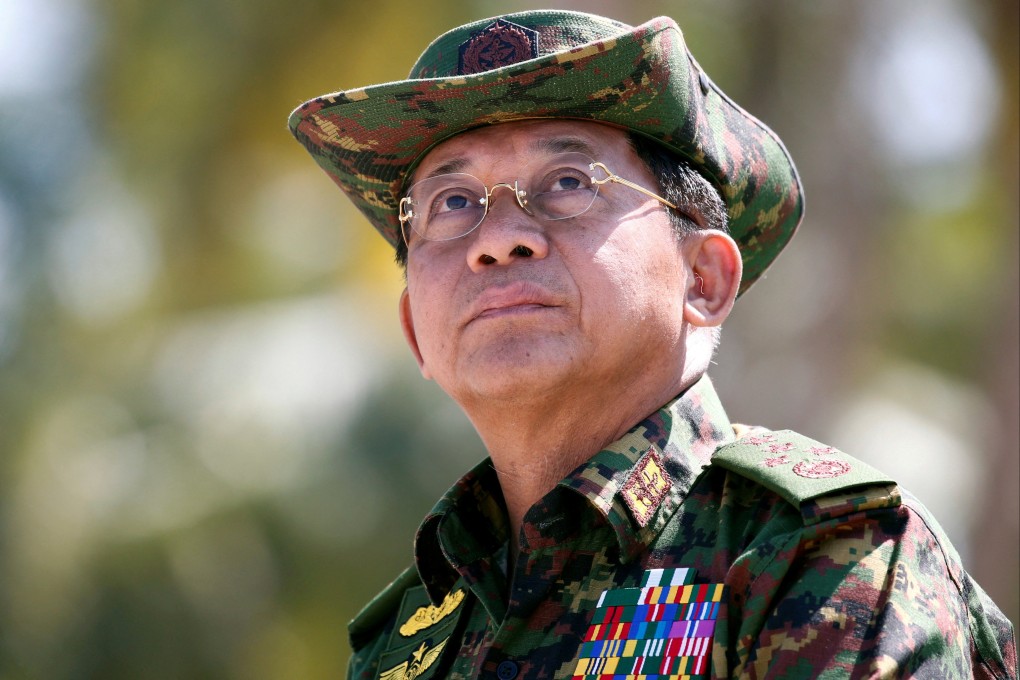Will Myanmar’s junta chief face justice for crimes against Rohingya?
The International Criminal Court’s actions could serve to isolate Min Aung Hlaing, but analysts question whether he will be arrested

In his statement, Khan said it was now up to the ICC judges to determine whether an arrest warrant should be issued. There’s just one complication: Myanmar’s military junta – the State Administration Council – rejects the court’s authority as the Southeast Asian nation is not a member state.
Once he is removed from office, he will face immediate justice
This means that Min Aung Hlaing is unlikely to face justice as long as he clings to power, since he seldom leaves the country, according to Ronan Lee, a fellow at Loughborough University whose research focuses on Myanmar and the Rohingya.
“But once he is removed from office, he will face immediate justice,” Lee said, noting that this would also eliminate prolonged debates about how to pursue accountability after the junta’s fall.